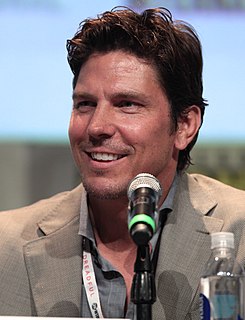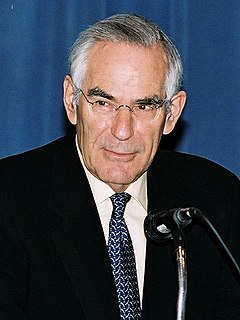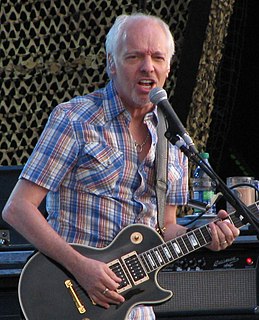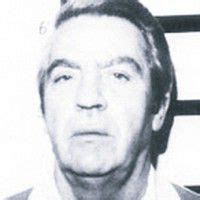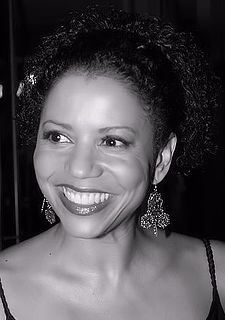A Quote by Felicity Jones
When I was 11 years old, I was a member of 'Press Pack,' which was a thing that would come out in 'The Sunday Times' in England. You'd write articles and send them off and would get a badge saying 'Official Press.' I was really excited about my badge.
Related Quotes
I was talking on the phone in my trailer, and I looked in the mirror and I saw the badge clipped to my belt, a gun with a holster, and the suit and the tie with the jacket off, and it was just deja vu. I remember that image so clearly from growing up. My dad would come home for lunch, take off his jacket, have the gun and the badge.
I used to get great press. I get the worst press. I get such dishonest reporting with the media. I've never had anything like it before. It happened during the primaries, and I said, you know, when I won, I said, "Well the one thing good is now I'll get good press." And it got worse. So that was one thing that a little bit of a surprise to me. I thought the press would become better, and it actually, in my opinion, got more nasty.
I'm sure a lot of you had this experience when you're changing. You're growing as a person and people tend to treat you like you were 18 months ago, and it's really frustrating sometimes when you're growing up and you're more capable. It's the same thing with a company and the press. The press is going to have a lag time. The best thing we can do about the press is embrace them and do the best thing we can to educate them about our strategy. But to keep our eye on the prize, that is turning out some great products. the press and the stock prize will take care of themselves.
I know that some of the folks in the press are uptight about this [moving the press corps out of the West Wing ], and I understand. What we're - the only thing that's been discussed is whether or not the initial press conferences are going to be in that small press - and for the people listening to this that don't know this, that the press room that people see on TV is very, very tiny. Forty-nine people fit in that press room.
I just write and do what I think is funny. Sometimes, you do have it in your head about certain bits. There are certain jokes where I know if I did them in certain situations, it would irk people. There are times where I look at the news and see a story going on, and I'm like, 'Wow, if I tweeted this, I would get press if I wanted to.'
I can tell you that standard D.O.J. protocol is that you let official acts speak for themselves. You don't go and spin your action. For example, when I ran the Solicitor General's office, there would be all sorts of times when the litigants would make something up, and we would just never comment to the press. It is not what we do.
The UN was very media-shy, and its relationship with the press was very controlled; although periodically I spoke to the press, the rule was, only the secretary-general speaks to the press; only the secretary-general makes... So you would see many situations where under-secretaries-general would come in and speak. I opened that, and I encouraged all of them to speak in their areas, whether it was peacekeeping or humanitarian efforts.
The coming of the printing press must have seemed as if it would turn the world upside down in the way it spread and, above all, democratized knowledge. Provide you could pay and read, what was on the shelves in the new bookshops was yours for the taking. The speed with which printing presses and their operators fanned out across Europe is extraordinary. From the single Mainz press of 1457, it took only twenty-three years to establish presses in 110 towns: 50 in Italy, 30 in Germany, 9 in France, 8 in Spain, 8 in Holland, 4 in England, and so on.

